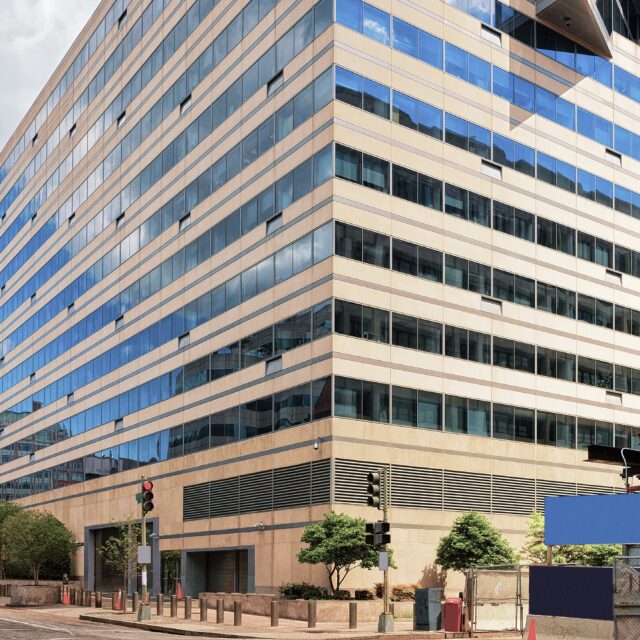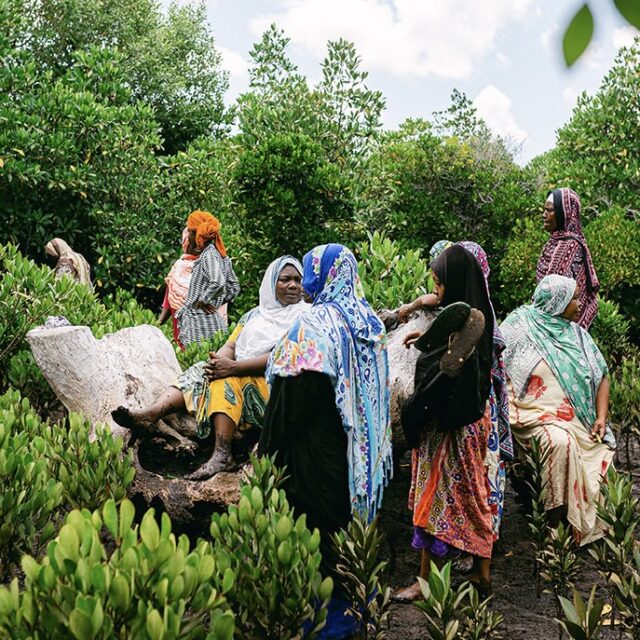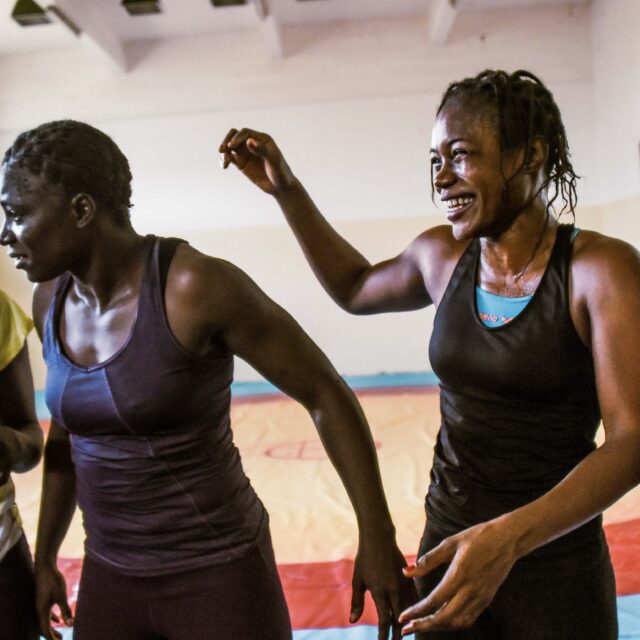The following is a guest blog from Dr. Allan Mayi who is a Senior Technical Advisor (ART) with the Elizabeth Glaser Pediatric AIDS Foundation (EGPAF) and coordinates the EGPAF – Tunaweza Project based in Lodwar, Turkana County (Kenya).
I have been working with the Elizabeth Glaser Pediatric AIDS Foundation (EGPAF) for the last five years. Before that, I was with the Kenyan Ministry of Health for another five years. During these 10 years of working in the general health field and in HIV/AIDS programs in various capacities, I have witnessed a lot of growth and changes – from the days of monotherapy with Zidovudine, to days when there were no public HIV programs, to the advent of adult HIV programs and later pediatric HIV programs. As we mark World AIDS Day 2012, I feel that there is a lot to be proud of, but I also have the somber realization that a lot still needs to be done. Here in Kenya, there has been significant progress towards combating the HIV/AIDS pandemic, and a lot of credit is due to the Kenyan government and donor governments and funding agencies, along with the various implementing partners. But so much still needs to be done, especially in hard-to-reach areas, like where I work in Turkana County.
Turkana County is one of the largest counties in Kenya and covers an area of 77,000 square kms. It borders three countries—Uganda, South Sudan, and Ethiopia. It is an arid/semi-arid region whose main economic activity is nomadic pastoralism. This has accompanying challenges of insecurity, including conflicts with neighbouring nomadic pastoralist tribes over pastures and water. The migratory lifestyles and generalized poverty adversely affects the provision of health services in the county, and HIV/AIDS programs are not exempt. The distances to health facilities are long – about 50 km – and the public transport system is poorly developed, as only the big town centers have public transport systems. Therefore, rates of defaulting from treatment are high in Turkana. Nutrition is also a major challenge – patients commonly remark that they have the medicines but have to take them on an empty stomach, which can be very painful.

Photo: A healthcare worker supported by EGPAF provides HIV counseling and testing to a family outside their manyatta in Turkana. (A manyatta is a simple traditional house built of twigs and grass by nomadic pastoralists)
Turkana is a difficult place to work in, and more often than not, the staff is called upon to go beyond the normal call of duty.

Photo: Staff from EGPAF and the Ministry of Health sleep on the verandah of Kalemnyang dispensary after a support supervision visit. There was no accommodation in the nearby town, and Lodwar town was 180 km away on rough roads by night. The only option was to sleep at the facility and continue with work the next day. Local residents often sleep “outside,” but for the uninitiated like me, it was a unique experience.
Turkana area is also prone to flash floods, and in the normal course of duty, we have been marooned by flood waters on several occasions, forcing us to sit out for several hours waiting for the waters to subside.

Photo: This river bed was dry when we crossed on the way to visit our site, but on the return journey it was completely flooded, forcing us to sit out for about four hours before we could safely cross the bridge. Another agency’s vehicle was swept away attempting to cross the bridge.
In spite of these challenges posed by the burden of the HIV disease itself, generalized poverty, and the harsh environment in which we work, the EGPAF staff continue to do their best to combat HIV in Turkana County and hope that by World AIDS Day 2013, we will be able to say that there have been major improvements in people’s lives and health in our region.


